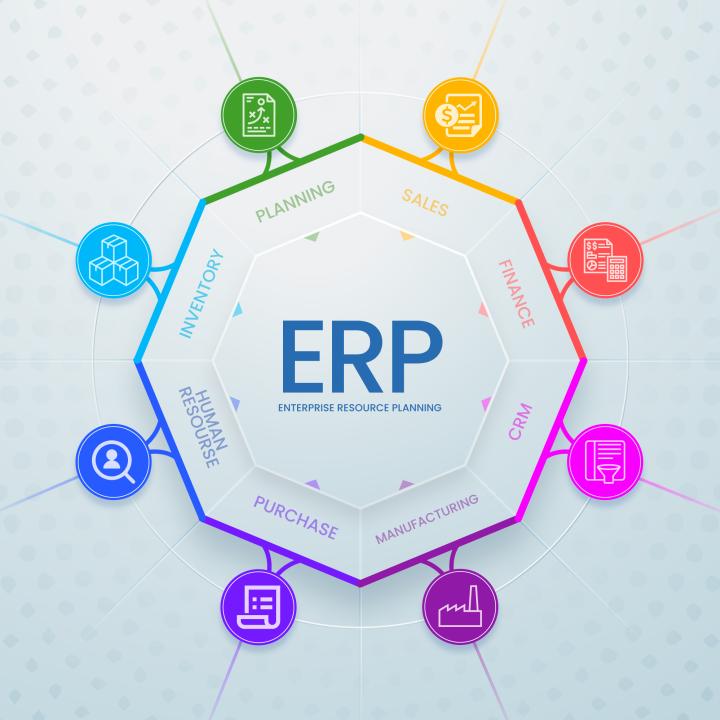Financial leaders are facing increasing pressure to improve efficiency, ensure compliance, and drive profitability. According to a 2025 report by Gartner, over 90% of enterprises will implement ERP finance solutions to automate more than 50% of their financial operations. The rise in global economic uncertainties and evolving regulatory frameworks makes it essential for CFOs to adopt advanced financial management tools.
ERP finance systems provide CFOs with real-time insights, automated workflows, and advanced analytics, helping them make data-driven decisions and reduce financial risks. With the ability to integrate seamlessly with other business functions, ERP finance is transforming how organizations manage their finances.
Key Reasons CFOs Prefer ERP Finance
1. Real-Time Financial Visibility
CFOs need access to up-to-date financial data to track cash flow, revenue, and expenses efficiently. ERP finance solutions provide real-time dashboards that display critical financial metrics, allowing CFOs to monitor performance and respond to financial trends quickly.
- Live financial reporting ensures transparency.
- Helps identify cash flow gaps and optimize capital allocation.
2. Automation for Greater Efficiency
Manual financial processes take up valuable time and are susceptible to errors. ERP finance automates key financial functions, such as invoicing, payroll, tax calculations, and bank reconciliations, reducing operational inefficiencies.
- Eliminates human errors, ensuring 99.9% financial accuracy.
- Reduces processing time for financial transactions, improving efficiency.
3. Cost Optimization and Budget Control
CFOs are always looking for ways to reduce costs while maintaining efficiency. ERP finance provides in-depth cost analysis, helping businesses track expenditures, identify unnecessary expenses, and improve budget forecasting.
- AI-driven financial analytics predict spending patterns and suggest cost-saving measures.
- Budgeting tools within ERP finance prevent over-expenditure and ensure financial discipline.
4. Regulatory Compliance and Risk Management
With changing financial regulations and tax laws, CFOs must ensure their organizations remain compliant. ERP finance automates compliance processes, minimizing the risk of penalties and legal issues.
- Ensures adherence to GAAP, IFRS, and local tax regulations.
- Automates audit trails and generates reports for financial regulators.
5. Data-Driven Decision-Making
Making informed financial decisions is critical for business growth. ERP finance provides real-time analytics and customized reports, giving CFOs the tools they need to develop long-term financial strategies.
- Identifies profitability trends and investment opportunities.
- Enhances decision-making through AI-powered financial modeling.
6. Seamless Integration with Other Business Functions
ERP finance doesn’t work in isolation; it integrates with HR, procurement, supply chain, and customer relationship management (CRM) modules. This ensures a smooth flow of financial data across different departments.
- Simplifies interdepartmental transactions and financial reporting.
- Reduces financial bottlenecks and improves cross-functional collaboration.
Conclusion
As organizations navigate the complexities of modern finance, ERP finance solutions have become a necessity for CFOs. They provide real-time visibility, automation, compliance management, and data-driven insights, allowing CFOs to drive financial stability and business growth.
With the increasing demand for financial accuracy and efficiency, ERP finance ensures CFOs can make smarter decisions, optimize costs, and maintain regulatory compliance. Investing in an ERP finance system is no longer just an option—it’s a strategic necessity for businesses aiming for long-term success in 2025 and beyond.

